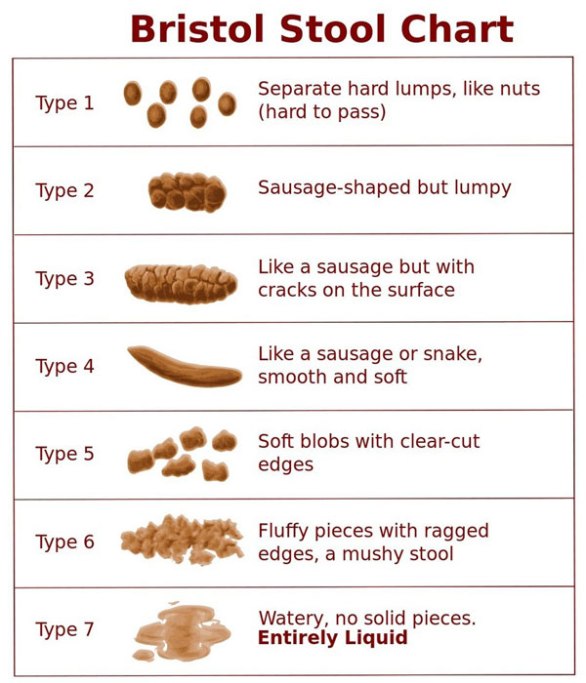 Have you ever had a day where your head feels heavy or foggy and you can’t focus or think straight? In Chinese medicine, mental clarity is related to the Spleen’s capacity to lift clear qi to the head and brain without obstruction. Acupuncture, Chinese herbs, and lifestyle changes can help support the Spleen and the mind.
Have you ever had a day where your head feels heavy or foggy and you can’t focus or think straight? In Chinese medicine, mental clarity is related to the Spleen’s capacity to lift clear qi to the head and brain without obstruction. Acupuncture, Chinese herbs, and lifestyle changes can help support the Spleen and the mind.
The Spleen is one of the primary digestive organs in Chinese medicine. Its’ functions involve governing the transformation of food and water into qi and blood, and then lifting the “clear” mental qi to the head and descending the “turbid” qi down to the bowel. When the Spleen is working well, a person has strong digestion and feels energetic. However, if the Spleen is not transforming and transporting fluids properly, this can lead to a buildup of pathogenic water, which we call “dampness” in Chinese medicine. Dampness can obstruct the mind, causing unclear thinking, fatigue or tiredness, and heaviness in the head or body.
Taking steps to nourish the Spleen and improve its function can help mental clarity and focus, as can the use of certain herbs and acupuncture points. At Clear Skies Acupuncture, our suggestions for supporting the Spleen follow:
- Avoid cold foods and eat warm foods. You can think of the body’s digestion as a fire. If you throw cold on the fire, the fire will go out, where warmth helps stoke the fire. Cold foods, including raw foods, can be hard on the body’s digestion and can diminish the function of the Spleen. Warm foods, such as soups, congee, and cooked vegetables, help keep your digestive fire burning.
- Try acupuncture. Certain acupuncture points can help mental clarity. For instance, DU 20 (Bai Hui) can raise qi and yang, clear the mind, calm the spirit, and benefit the brain and sensory organs. Similarly, the extra point Si Shen Cong can clear the mind, improve memory, and calm the spirit.
- Take regular mental breaks. The Spleen can be damaged by worry and overthinking. Taking breaks from work throughout the day and giving your mind a chance to rest can keep you from depleting your Spleen qi.
- Eat foods that nourish the Spleen. The Spleen likes warm, easy-to-digest foods. These include rice, chicken, congee, dates, pumpkin, yams, sweet potatoes, carrots, cooked root vegetables, beef, and warm digestive spices, like ginger, green onions, cinnamon, cardamom, black pepper, and nutmeg.
- Avoid foods that create dampness. Foods that create dampness include dairy, fatty or fried foods, sugar, cold and raw foods, alcohol, processed foods, and wheat.
- Try Chinese herbs. Certain Chinese herbs can nourish the Spleen and help improve mental focus. For instance, Huang Qi (Astragalus), strengthens Spleen qi and helps support the lifting function of the Spleen by raising yang qi. Fu Ling (Poria) can strengthen the Spleen, drain dampness, and transform phlegm. Perhaps the most well-known Chinese herb, Ren Shen (Ginseng), strongly supports Spleen qi, and helps to clear the mind and calm the spirit.
- Create consistency. The Spleen functions better when you create consistent patterns. Try eating on a regular schedule and don’t skip meals. Moreover, take a break when you eat, give yourself a chance to enjoy your food and digest without interference. Sit down and make time for a meal. Don’t work through meals or eat on the go. Get sleep on a regular schedule too, try to fall asleep and wake up at a consistent time each day.
If you follow all these guidelines, you might notice improved Spleen function, less fatigue, and more mental clarity. Let’s make mental fog a thing of the past!
